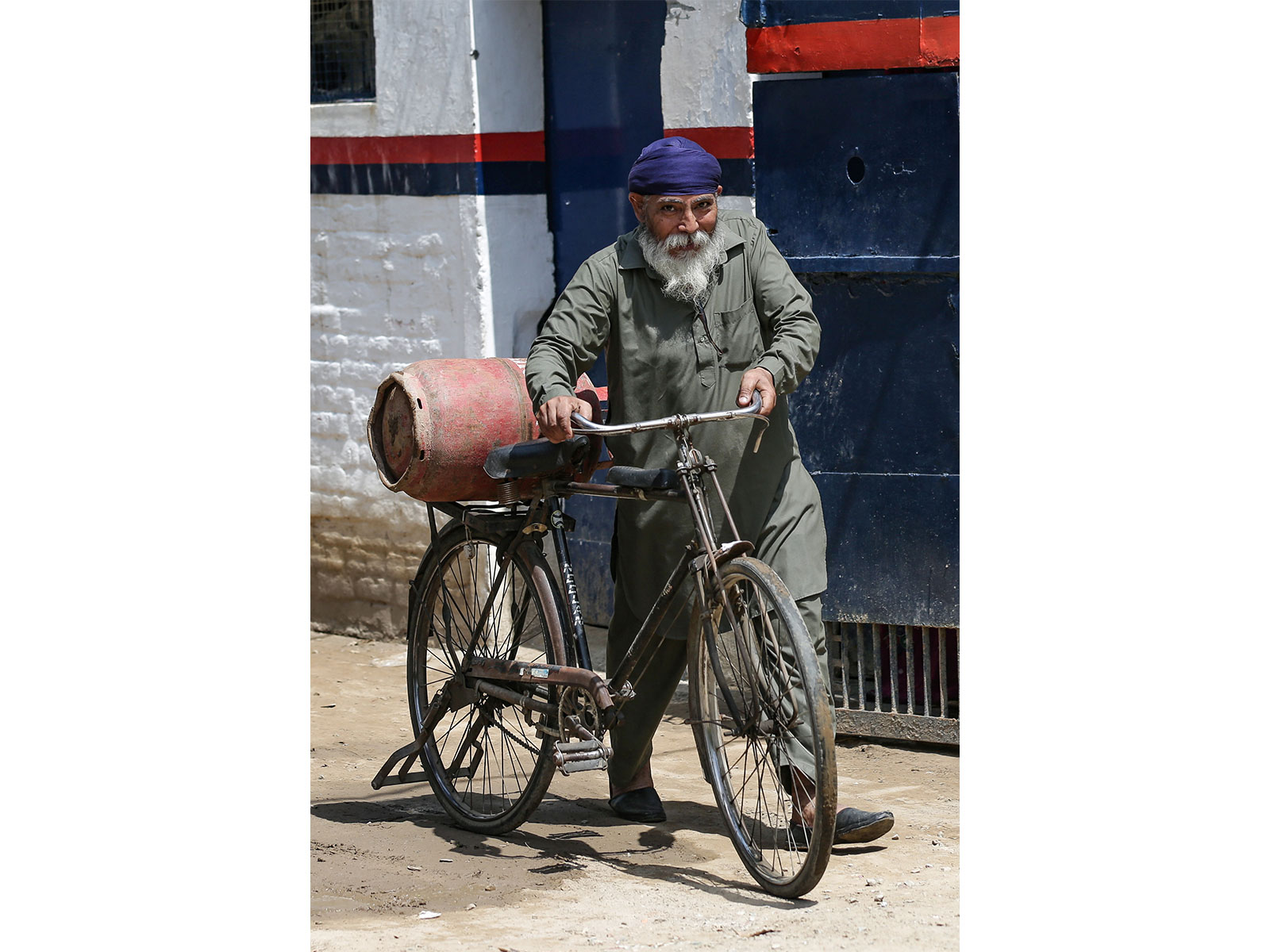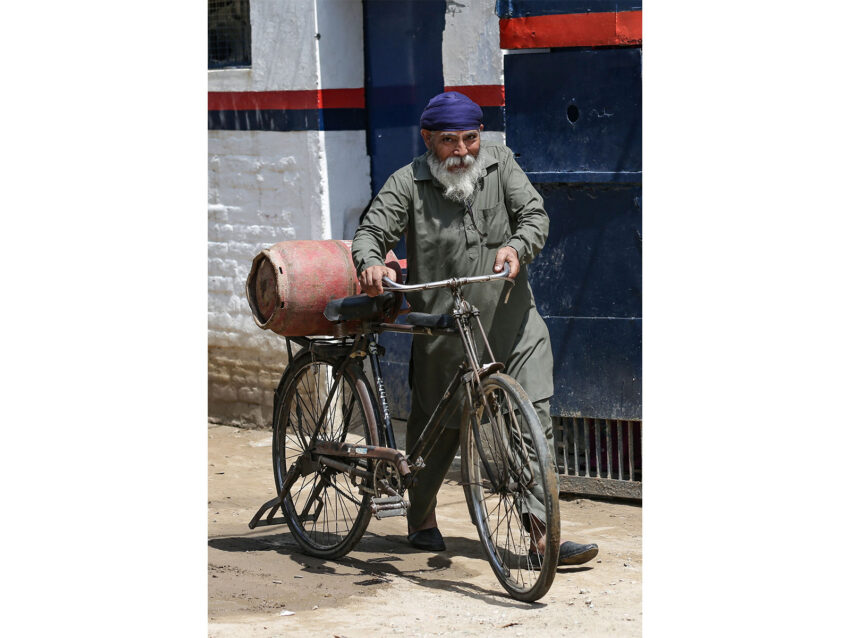
Muzaffarabad [PoJK], September 26 (ANI): A growing dispute between the Muzaffarabad administration and local gas dealers over cylinder prices is drawing public attention and raising concerns over both affordability and environmental impact.
Maulana Muhammad Altaf Butt, a resident of Pakistan-occupied Jammu Kashmir (PoJK), highlighted the issue, stating that rising cylinder costs have made it increasingly difficult for ordinary citizens to access gas.
“The public cannot buy expensive cylinders,” he said, emphasising that the escalating prices are putting households under financial strain.
He stated that if prices continue to rise unchecked, residents may turn to alternative sources of fuel, including wood from nearby forests. “If cylinders become expensive, people will get fuel from the forests,” he stated.
This, he cautioned, could have severe environmental consequences, including deforestation and disruption of local ecosystems.
The dispute comes at a time when seasonal changes and environmental challenges, such as deforestation and irregular rainfall, are already affecting the region.
Rising fuel costs, combined with limited government intervention, threaten both economic stability and environmental sustainability in Muzaffarabad and the surrounding areas.
Residents confirm that they have faced inconsistent supply and have been forced to pay higher-than-standard rates. The administration and gas suppliers have yet to resolve this, leaving many citizens in uncertainty over how to meet their energy needs during the colder months. Without immediate measures such as regulating gas prices, ensuring equitable distribution, and promoting alternative energy solutions, the region could face long-term social and ecological consequences.
Establishing local filling stations and subsidised supply chains are among the suggested solutions to mitigate the crisis and prevent residents from resorting to environmentally harmful practices.
The dispute over gas pricing in Muzaffarabad is more than an economic issue; it represents a critical intersection of affordability, governance, and ecological responsibility.
As winter approaches, citizens, environmentalists, and policymakers alike are closely watching to see whether a sustainable solution will be implemented or if rising gas prices will prompt residents to turn to unsafe and environmentally damaging alternatives. (ANI)


